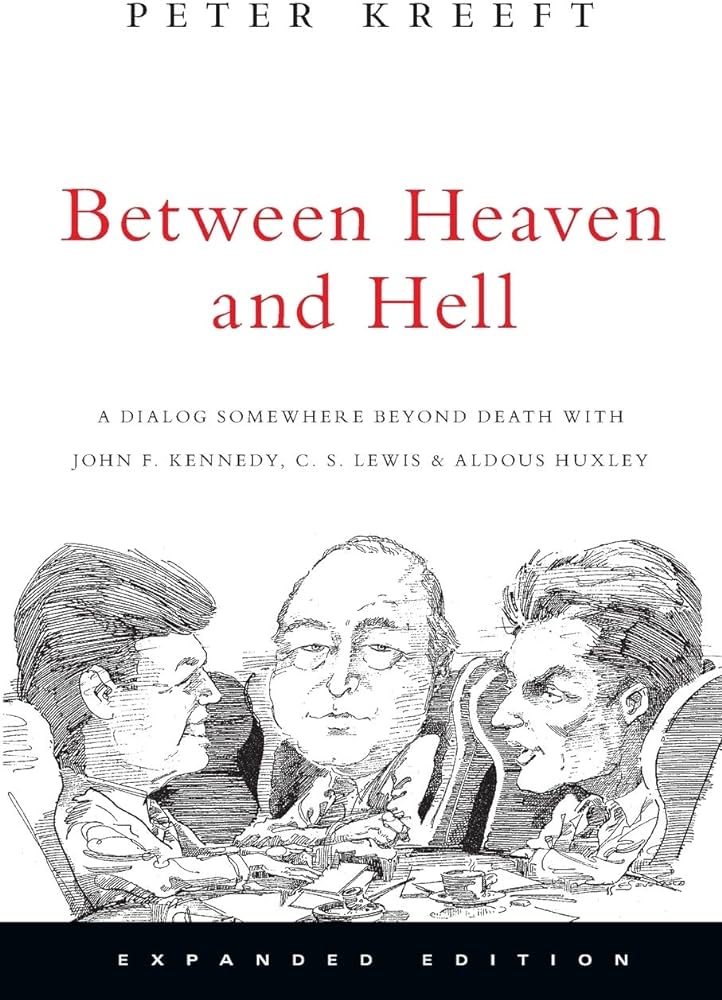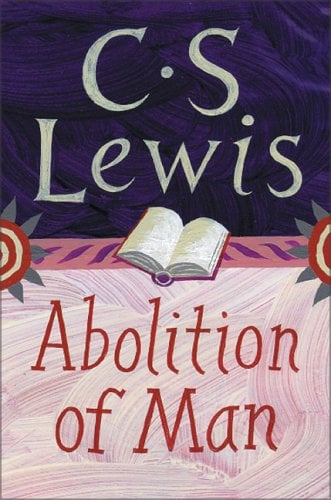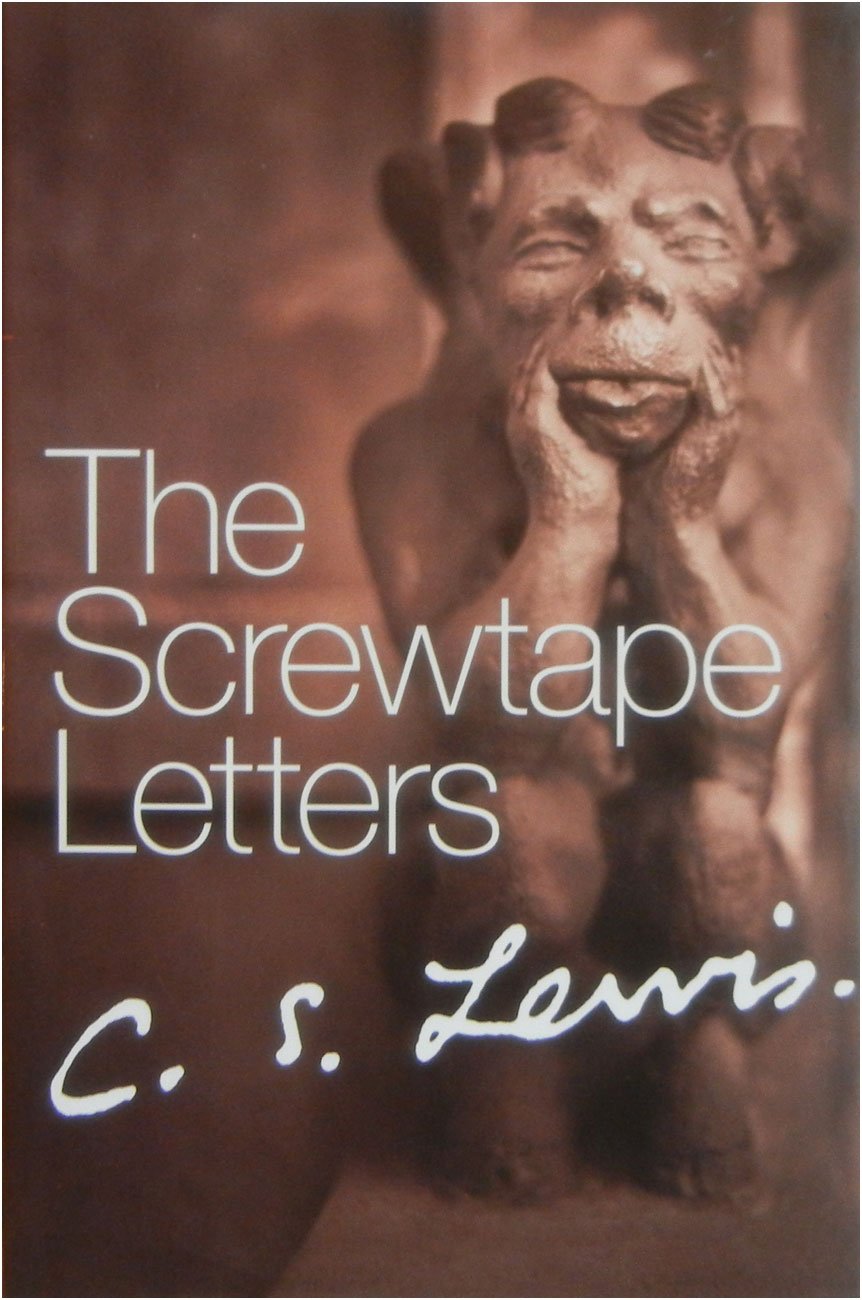
November 22, 1963. I remember that day 60 years ago.
It was the day President John F. Kennedy was assassinated. Despite being Canadians, we were dismissed from our classes and sent home. Little did I know that a man who would become one of my heroes also died that day: C. S. Lewis.
Another notable who died that day was Aldous Huxley, a philosopher and author who wrote Brave New World.
Peter Kreeft, a Roman Catholic philosopher, brings these three men together in an imaginary conversation in his book, Between Heaven and Hell: A Dialog Somewhere Beyond Death, with John F. Kennedy, C. S. Lewis, and Aldous Huxley (1982).

As Kreeft notes in his prologue (p. 7):
these three men represented the three most influential philosophies of life in our human history: ancient Western theism (Lewis), modern Western humanism (Kennedy) and ancient Eastern pantheism (Huxley).
Here’s a slightly expanded description of these men and their philosophies (click on their names to get more details):
- Aldous Huxley (1894-1963) argued for Western and Eastern mysticism, which included psychedelic drugs. He considered himself an agnostic, and a belief in God seemed optional for him.
- John F. Kennedy (1917-1963) was from an influential American family. He was a decorated naval officer during World War 2, becoming the 35th President of the United States and the 4th to be assassinated. Religiously, he seems to have been a modern nominal Roman Catholic.
- Clive Staples Lewis (1898-1963) was an Anglican lay theologian and a professor of English literature at both Oxford and Cambridge Universities. In his partial autobiography, Surprised by Joy, Lewis recounts becoming an atheist in his youth, grappling with truth, and then:
“In the Trinity Term of 1929 I gave in, and admitted that God was God, and knelt and prayed: perhaps, that night, the most dejected and reluctant convert in all England.” (182)
In Between Heaven and Hell, Kreeft explores the conflicting beliefs of these three men. The dialogue among these disparate “philosophies of life … centers on the Center, the hinge of our history: its main question is the identity of Jesus” (pp. 7-9). In this, we note the influence of the arguments presented in Mere Christianity, the first book of C. S. Lewis I read.
Over the years, one of the many points that stuck with me concludes chapter three of Mere Christianity:
I am trying here to prevent anyone saying the really foolish thing that people often say about Him: “I’m ready to accept Jesus as a great moral teacher, but I don’t accept His claim to be God.” That is the one thing we must not say. A man who was merely a man and said the sort of things Jesus said would not be a great moral teacher. He would either be a lunatic— on a level with the man who says he is a poached egg— or else he would be the Devil of Hell. You must make your choice. Either this man was and is the Son of God: or else a madman or something worse. You can shut Him up for a fool, you can spit at Him and kill Him as a demon; or you can fall at His feet and call Him Lord and God. But let us not come with any patronising nonsense about His being a great human teacher. He has not left that open to us. He did not intend to.
A sampling:
Dozens of Lewis’ books are on my shelves, and I have benefited from each one. Here’s a sampling of a few.
The Chronicles of Narnia is a collection of seven books that are an allegory of God’s ‘Story’ of Creation, the Fall, Incarnation, and Redemption, with the lion, Aslan, as the Christ figure. Years ago, I read these with my children. They now read them to their children.
The Abolition of Man, perhaps his best book, critiques the loss of true humanness in the modern education system. He writes of “men without chests,” which is an image of the loss of character— habits of the heart that give true meaning to life. Here’s one quote from the conclusion of chapter 1:
In a sort of ghastly simplicity we remove the organ and demand the function. We make men without chests and expect of them virtue and enterprise. We laugh at honour and are shocked to find traitors in our midst. We castrate and bid the geldings be fruitful.
Although first published in 1944, it accurately captures much of our age of relativism and the corresponding moral bankruptcy of much of modern Western culture.


Lewis acknowledged that the one book he did not enjoy writing was The Screwtape Letters. Writing from the perspective of a demon named Screwtape, this is a collection of fictional letters advising a junior demon how to destroy a human being. For us, it creatively unmasks and makes us aware of many strategies and tactics of the enemy of souls.
Lewis also wrote about issues many of us wrestle with, drawing from his experiences as an atheist, a bereaved husband, and a Christian. For instance, in The Problem of Pain, Lewis examines how we can understand the existence of an all-powerful and good God with pain and suffering. Other topics include Miracles, grief (A Grief Observed), our human dilemma and God’s remedy (The Great Divorce), love (The Four Loves), Prayer, and more.
See also my recent review of God in the Dock: Essays on Theology and Ethics.
A gift:
Here are two PDFs of Lewis’ books available free online. I have been informed that they are in the public domain under Canadian copyright law for free distribution only. You can download them by clicking the links:
I am thankful for the gift of C. S. Lewis, a hero who died on November 22, 1963.
What is your favorite Lewis book, and why? Let me know using this link.
FORWARD TO the next batch of book reviews
Photo credit: https://www.errolmorris.com/
Download credit: the books available for download are from https://www.samizdat.qc.ca/, which represents that they are in the Canadian public domain.
Click "yes" to receive resource-rich newsletters.
Helpful resources provided to 'living theology' subscribers.
YES!